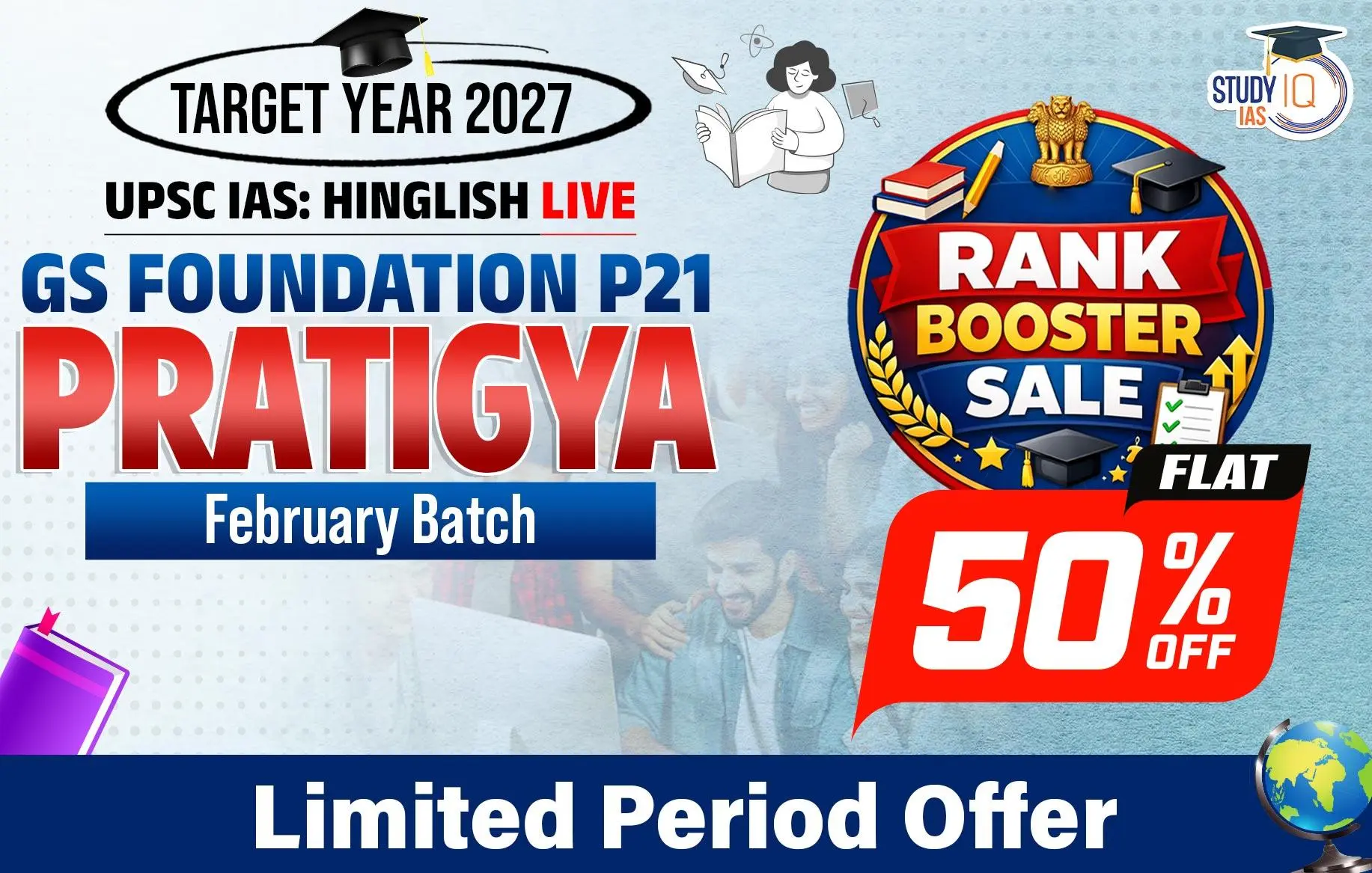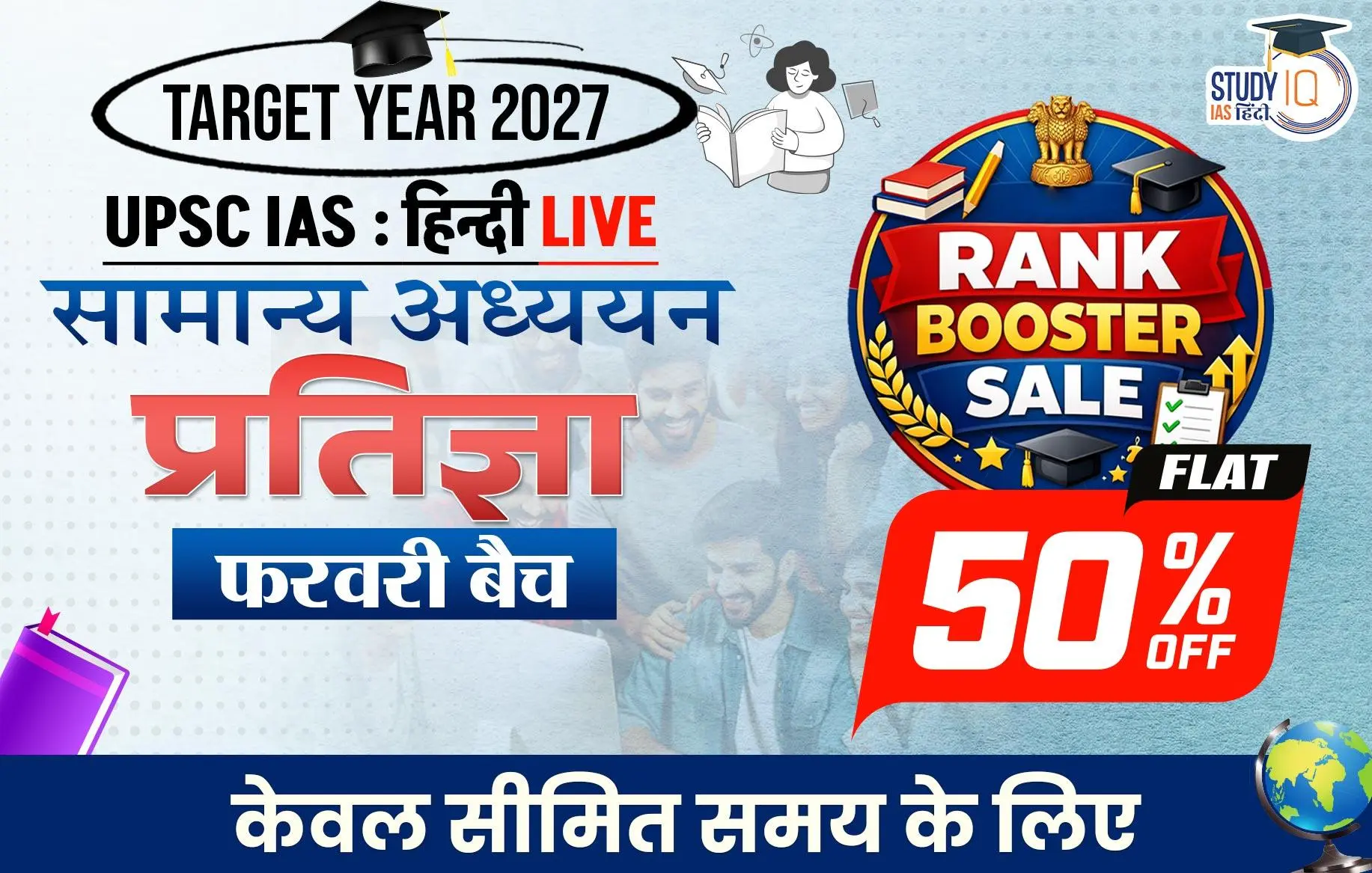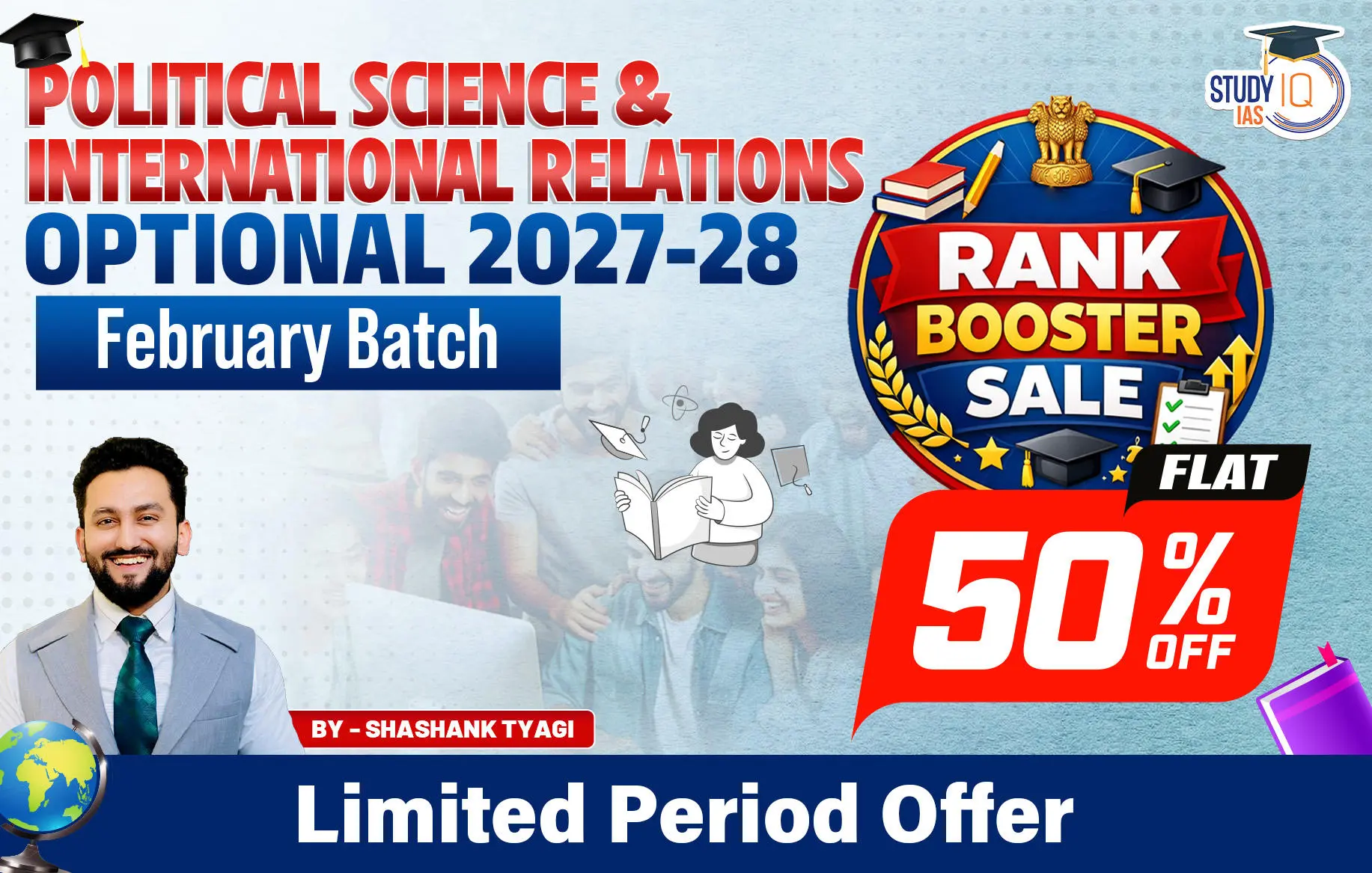Table of Contents
About Bangladesh
- Bangladesh is the world’s eighth-most populous nation with nearly 180 million people and the 35th-largest economy.
- It is the second-largest exporter of ready-made garments (RMG).
- It is home to Bangladesh Rural Advancement Committee (BRAC) – the world’s largest NGO– and Grameen Bank (founded by Nobel Laureate Prof. Muhammad Yunus, a pioneer of microfinance).
- The country’s identity is rooted in Bengali nationalism, emphasizing linguistic and cultural distinctiveness over religious uniformity.
- Bangladesh’s constitution uniquely balances secular principles with Islam as the state religion.
- A Supreme Court judgment in 2016 reinforced that this recognition does not undermine the state’s secular obligations.
- All religious communities are entitled to equal protection under the law.
How is Bangladesh Different From Pakistan?
| Aspects | Bangladesh | Pakistan |
| Foundation and Identity | ● Founded on Bengali nationalism, emphasizing cultural and linguistic unity over religious identity.
● The 1971 Liberation War was a struggle to assert its distinct Bengali identity against the communal policies of Pakistan. ● While Islam is the state religion, Bangladesh’s Constitution ensures secularism and the equal rights of all religious communities. |
● Created on the basis of religious identity during the Partition of India in 1947.
● Pakistan’s identity is deeply tied to Islamic ideology, with religion playing a central role in governance and society. ● Over time, the country has moved toward greater religious conservatism, with significant political influence wielded by religious groups. |
| Treatment of Minorities | ● Despite occasional communal tensions, Bangladesh generally ensures legal protections and cultural inclusivity for minorities.
● Instances of violence are isolated, and public sentiment often supports the protection of minority communities. |
● Religious minorities often face systemic discrimination and violence, with limited state intervention to protect their rights.
● Forced conversions and mob violence against minority communities are recurrent issues. |
| Governance and Political Evolution | ● Has largely maintained a civilian-led government, despite periods of military intervention.
● The political landscape has been shaped by competition between major secular parties, emphasizing democratic principles. |
● The military has played a dominant role in politics, with frequent coups and military-backed governance.
● Democracy is often undermined by the military and judiciary, with civilian governments struggling to maintain authority. |
| Counterterrorism and Radicalization | ● Proactive in dismantling extremist networks such as Jama’atul Mujahideen Bangladesh (JMB) and Harkat-ul-Jihad-al Islami Bangladesh (HuJI-B).
● The state and public sentiment reject extremist ideologies, ensuring minimal support for radical movements. |
● Struggles with deeply entrenched extremist groups like Tehrik-i-Taliban Pakistan (TTP) and Lashkar-e-Taiba (LeT).
● Extremist ideologies have greater societal and political influence, with groups occasionally receiving tacit support. |
| Role of Women | ● Women play a significant role in public life, with prominent female leaders like Sheikh Hasina and Khaleda Zia shaping its political landscape.
● The country has made notable strides in women’s empowerment, particularly in education and employment sectors. |
● Women face significant societal restrictions, especially in conservative regions.
● Gender inequality remains a major challenge, with limited representation in politics and public life. |
| Regional and Global Outlook | ● Prioritizes regional cooperation and peacekeeping efforts, maintaining a balanced foreign policy.
● Emphasizes cultural diplomacy and integration into global markets. |
● Faces isolation in global forums due to its alleged support for militant groups and internal political instability.
● Its foreign policy is largely shaped by security concerns, particularly its rivalry with India. |
Current Political Climate and Future Outlook
- Transition of Power: The interim government, led by key figures such as Prof. Yunus, focuses on maintaining order and safeguarding minorities amid political uncertainty following Sheikh Hasina’s ouster.
- Challenges and Strengths: Concerns exist over the potential resurgence of Islamist parties.
- However, Bangladesh’s rich cultural traditions, history of secular governance, and firm counterterrorism stance mitigate fears of a theocratic shift.
- Outlook: As elections approach, Bangladesh’s ability to navigate these challenges will depend on its foundational values of tolerance and pluralism.
- Its history demonstrates a strong capacity to preserve stability and progress even in turbulent times.

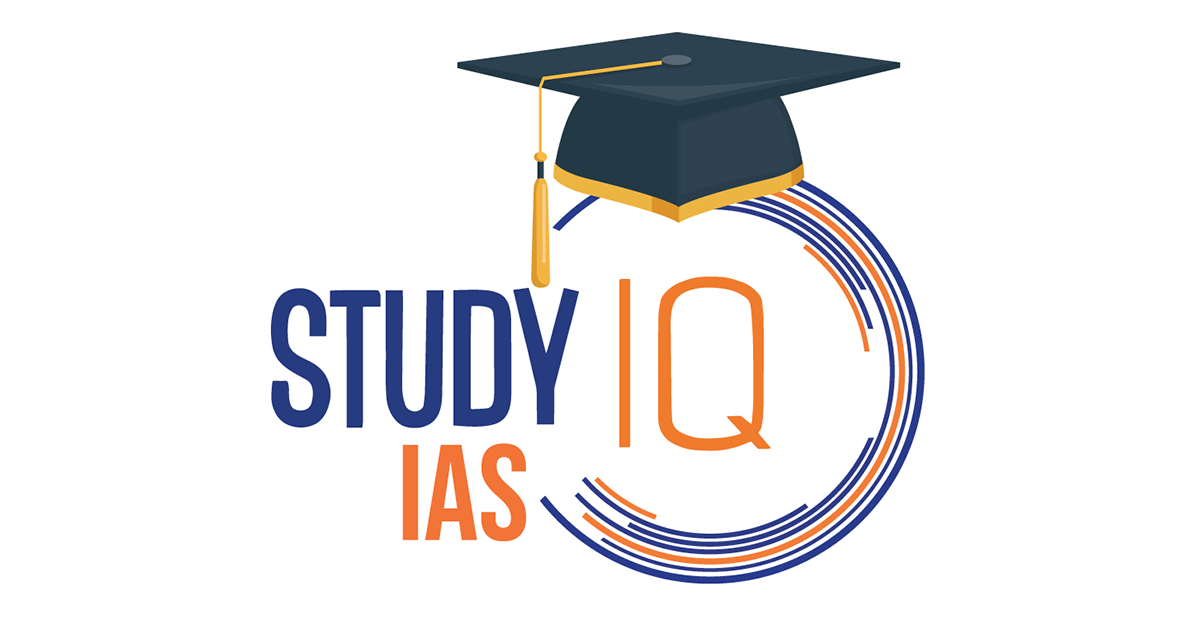
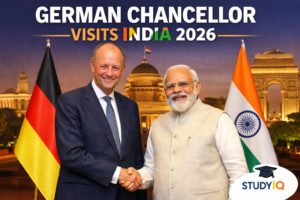 German Chancellor Visit to India in 2026...
German Chancellor Visit to India in 2026...
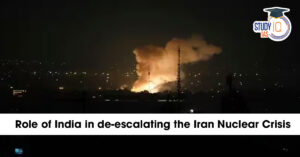 Iran Nuclear Crisis and India’s Role f...
Iran Nuclear Crisis and India’s Role f...
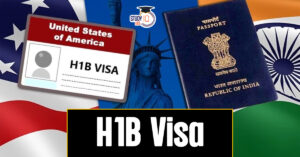 H1B Visa Program, Beneficiaries, Eligibi...
H1B Visa Program, Beneficiaries, Eligibi...

